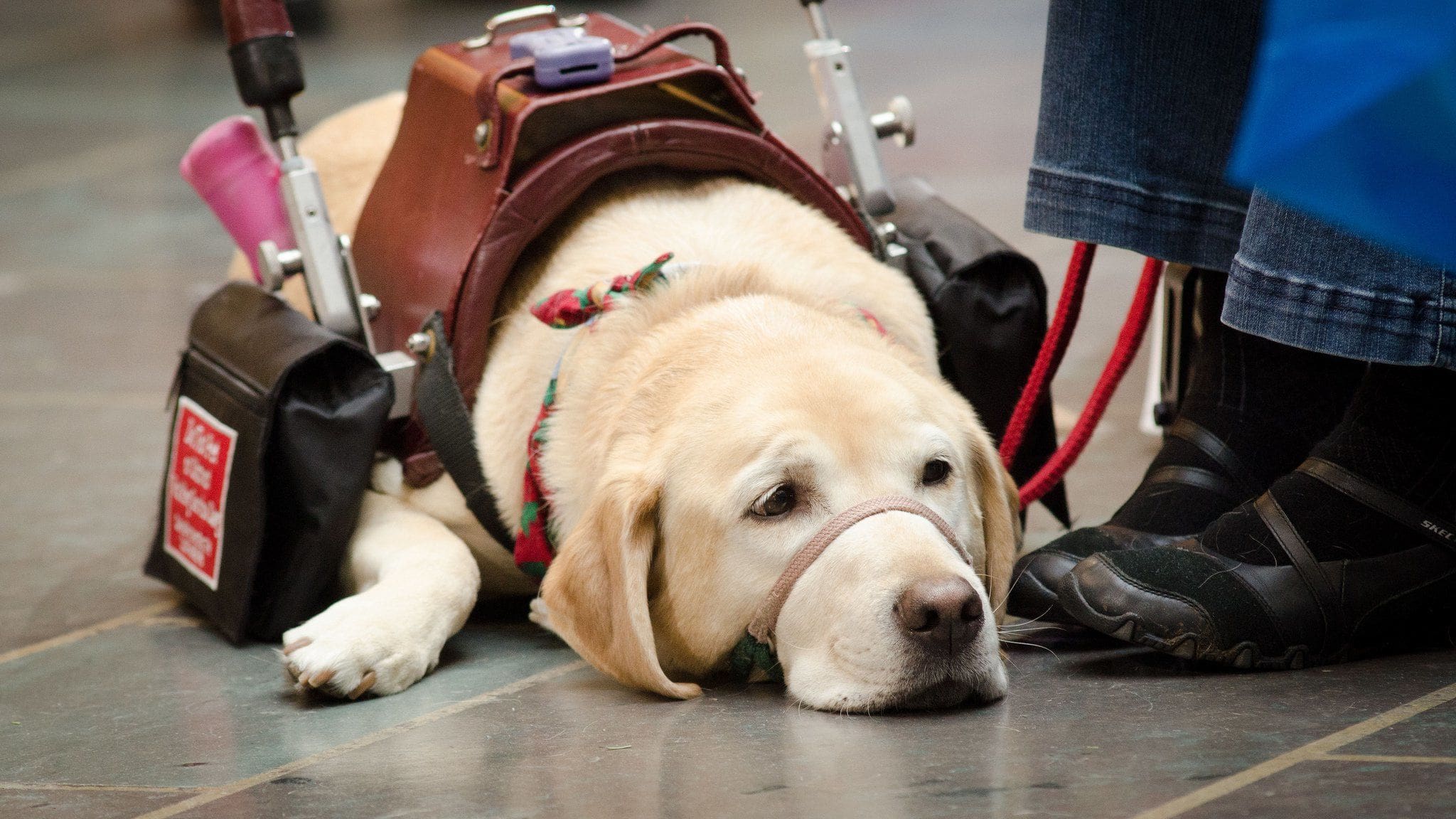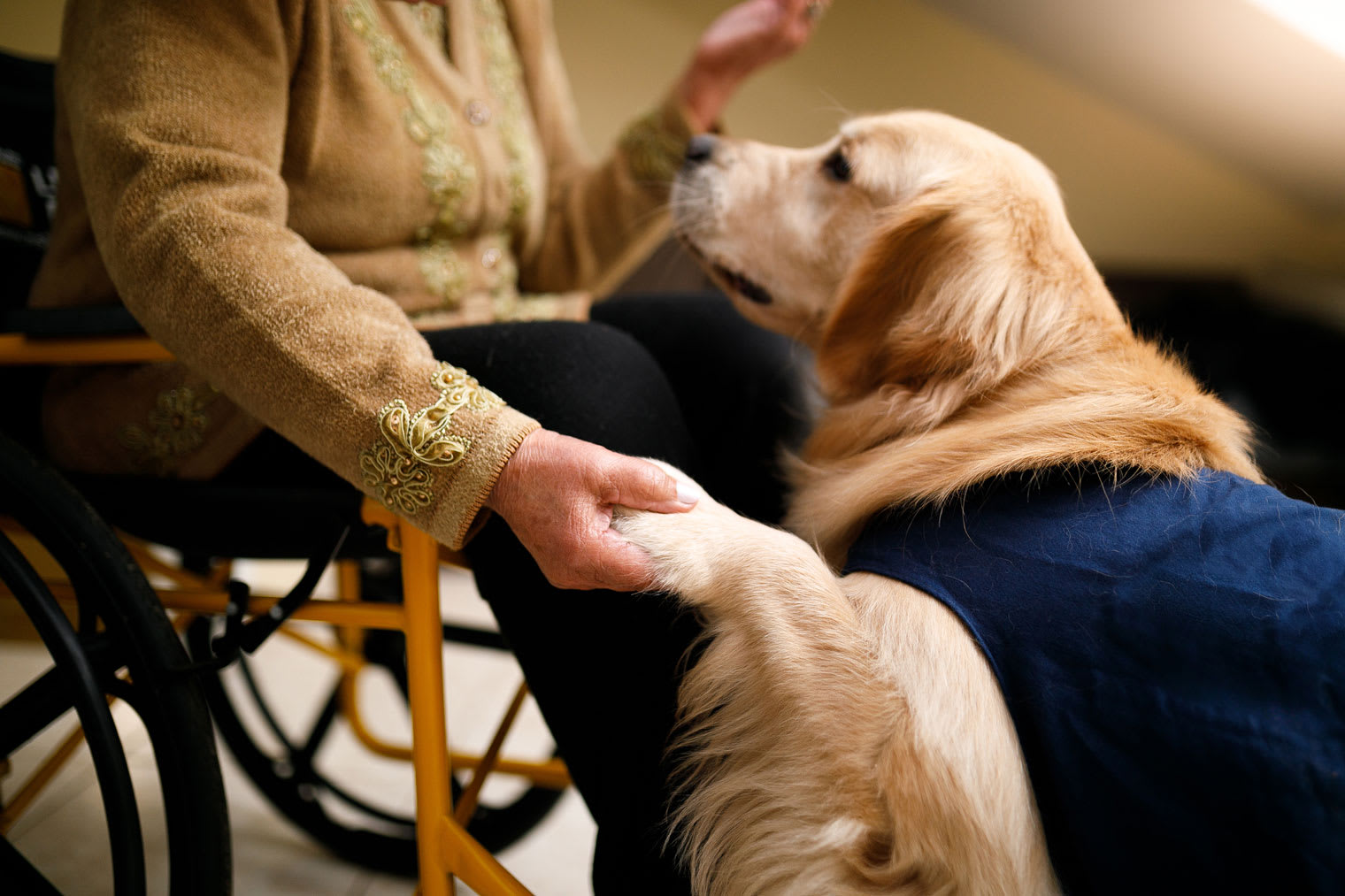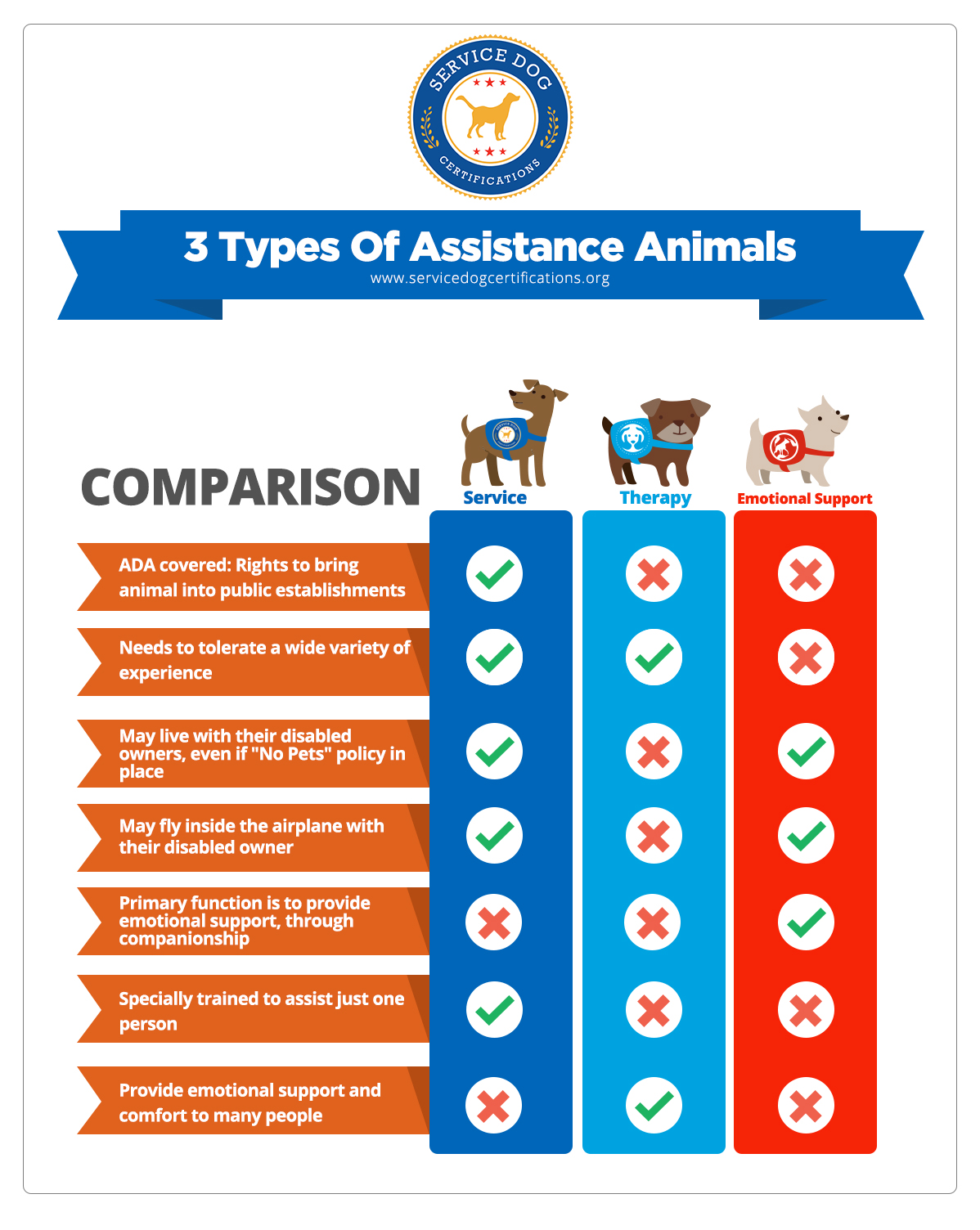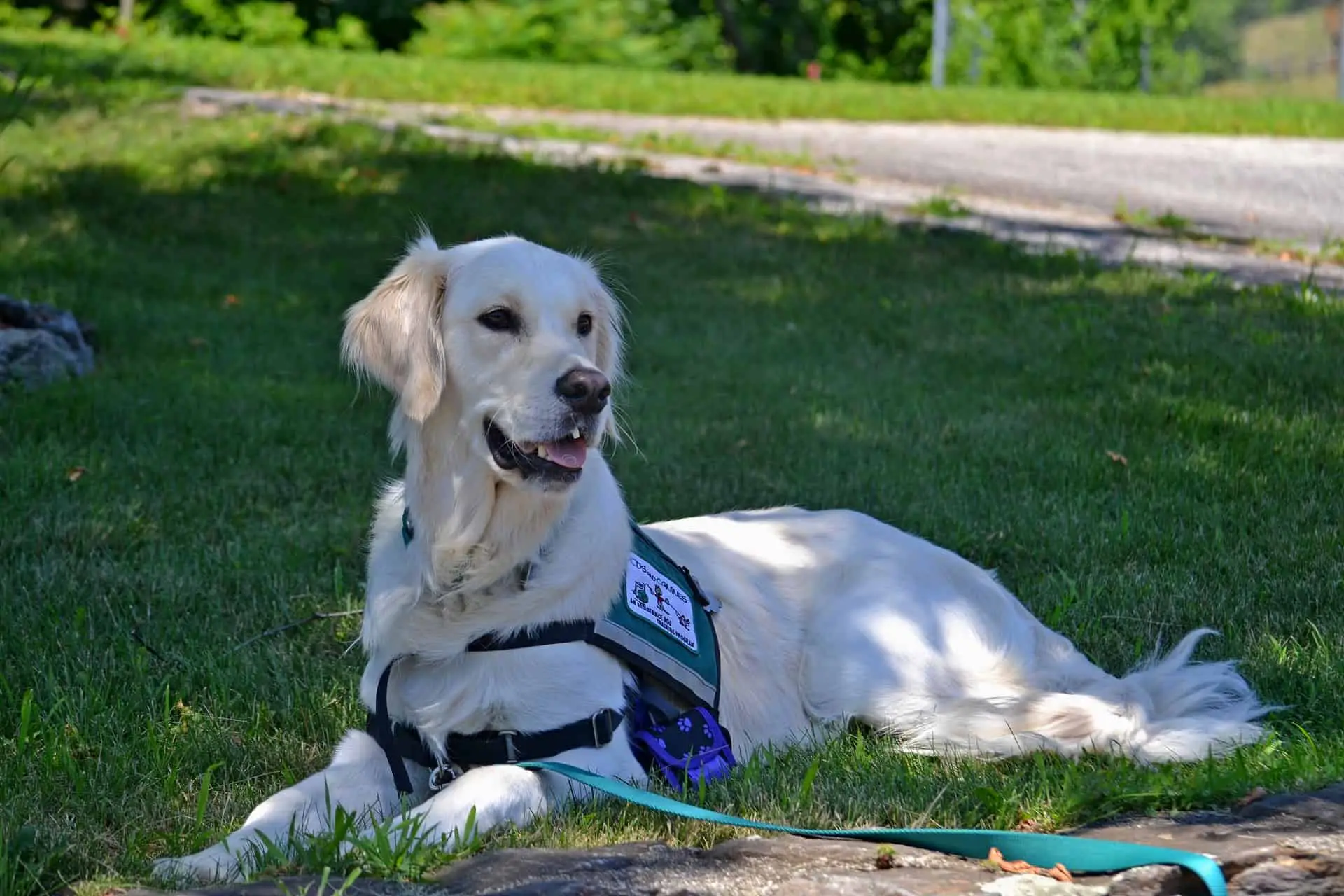Service Animals And Emotional Support Animals In Victim Services

An ESA may be necessary to provide physical assistance emotional support calming stability and other kinds of assistance.
Service animals and emotional support animals in victim services. Requests to possess an ESA in a residential facilities including their common areas must be approved by the Departments of Disability Resources and Residence Life. During this session practical information will be provided to direct service providers and other programs open to the public about service and support animals. How They Are Different and What You Should Know By.
PDF Link to Policy. An Emotional Support Animal ESA is any animal not just a dog prescribed for a person with a significant diagnosed psychiatric disability. Entities may only ask if the service animal is needed for a disability and if the animal has been trained to perform a specific task.
Learn the differences between service animals crisis response canines emotional support animals therapy animals and pets. Service Animals in Training. A service animal falls under the Americans with Disabilities Act and is usually a dog that is trained to do work or perform tasks for the benefit of an individual with a physical sensory psychiatric or intellectual disability Emotional support animals are not trained in specific tasks and are not recognized under the ADA.
Service Animals and Emotional Support Animals in Victim Services. Some ESAs are. Examples include a dog that guides an individual who is blind alerts a deaf or hard of hearing person when a doorbell rings or picks up and hands a pen to a person a with a mobility impairment.
Service Animals Service animals are trained to provide a specific service or services to an individual with a disability. Emotional support animals are only permitted in University of Pittsburgh residence halls if the animal has been determined to be a reasonable accommodation for an individual with a. An ESA may be requested by a student with a psychiatric disability as an accommodation in University housing.
Emotional support animals may be almost any species and are essentially untrained pets. You might have noticed them often accompanying someone with a physical disability sometimes wearing a red vest to signify their unique stature and frequently in places you dont expect like on an airplane at a restaurant or in the grocery store. Under the Fair Housing Act you have the right to ask your landlord or property manager for a reasonable accommodation for an.



















